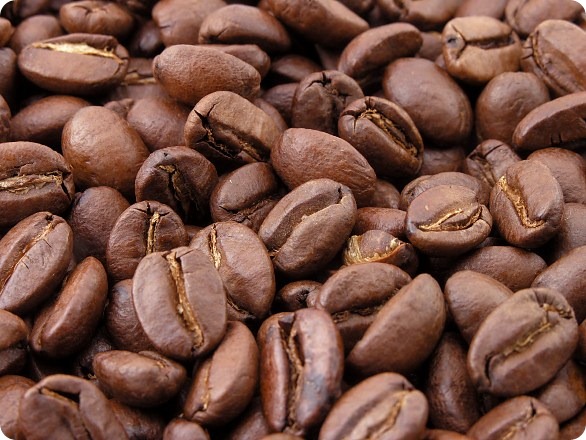Chocolate, coffee and cola are perhaps three of your favourite consumables; however, they are also three caffeine-rich substances which all contribute to your daily caffeine consumption. According to the BBC, people should not exceed 400mg caffeine a day, and this limit halves for pregnant women, for which only 200mg/day is recommended.

But how much does 400mg really correspond to? From the table below we can see that it is only 4 cups of instant coffee, or 10 cans of cola, or 16 bars of milk chocolate.
|
Product
|
Amount of caffeine (Estimated)
|
|
One mug of filter coffee
|
140mg
|
|
One mug of instant coffee
|
100mg
|
|
One can of energy drink
|
80mg
|
|
One mug of tea
|
75mg
|
|
One 50g bar of dark chocolate
|
50mg
|
|
One can of cola
|
40mg
|
|
One 50g bar of milk chocolate
|
25mg
|
Table 1: Estimated amount of caffeine in products. Source: BBC
What actually is caffeine?
Caffeine is a chemical produced by several plants in order to kill or harm animals, particularly insects, which try to feed on them. The effect of the molecule in humans is to stimulate the central nervous system, heart rate and respiration. It is believed to function by reducing the ability of adenosine, which naturally slows down cell activity, to bind to receptors in the brain. This is because caffeine is a similar shape to adenosine and therefore it can bind to the adenosine receptors.
Another effect of caffeine consumption is that it causes epinephrine (adrenaline) to be released. This causes several changes in the body including causing the heart to beat faster; the blood pressure to rise; and the liver to release sugar into the bloodstream for extra energy.
Why is too much caffeine bad for us?
There are several consequences of consuming too much caffeine. These include:-
In the short-term:-
- Shaking
- Headaches
- Increased urination
- Nervousness
- Increased blood pressure
In the long-term:-
- Addiction
- Trouble sleeping
- Stained teeth
Potential risks in pregnant women:-
- Higher risk of miscarriage
- Low birth weight of baby
Stopping caffeine consumption
If you are considering stopping or reducing your caffeine intake then, like all addictive drugs, you may experience some withdrawal symptoms. These may include headaches, muscle aches, irritability and an inability to concentrate. The symptoms will normally begin between 12 and 24 hours after your last caffeine consumption and climb to their worst point around 24 and 48 hours. Thankfully, the symptoms will normally stop within a week.
Why you definitely shouldn’t give caffeine to dogs
Whilst a caffeine overdose can make us humans feel rather unwell, it can be lethal in some animals, such as small dogs and cats. So beware of leaving ground coffee or teabags lying around in places where small animals can get at them!
Further reading: